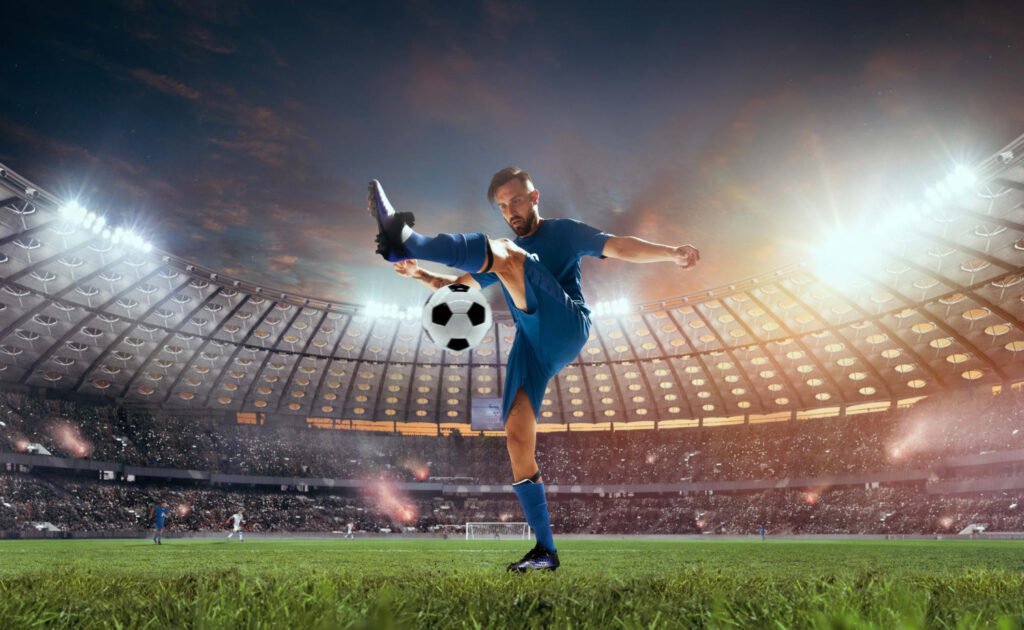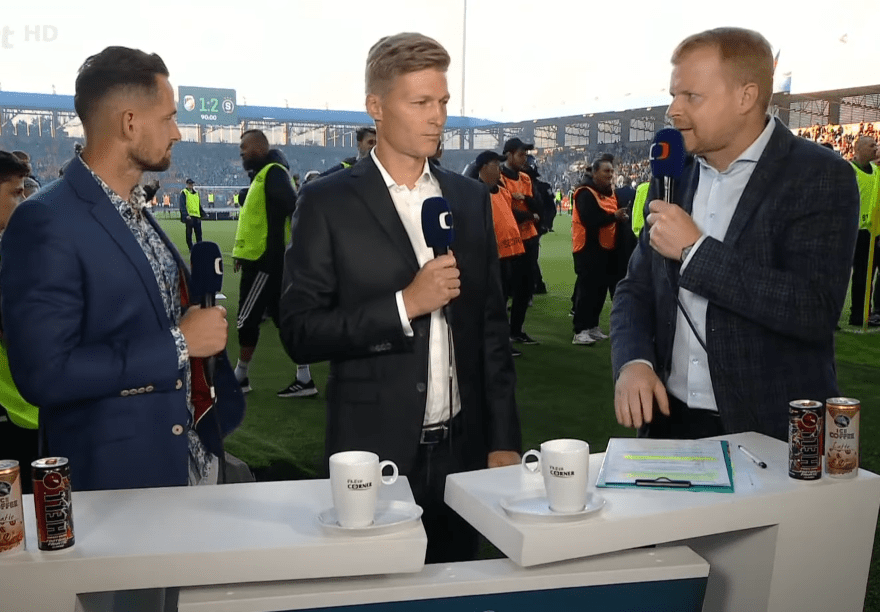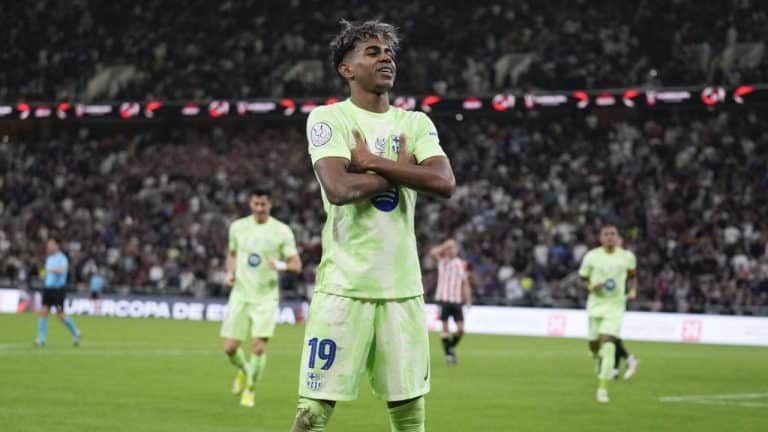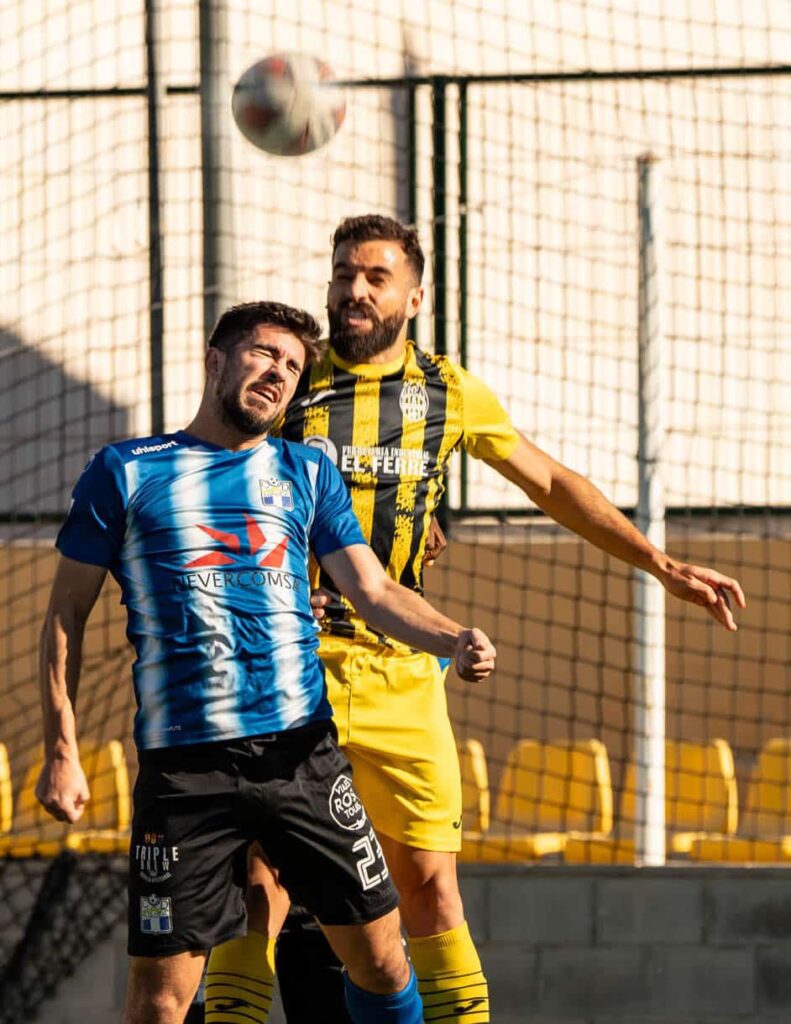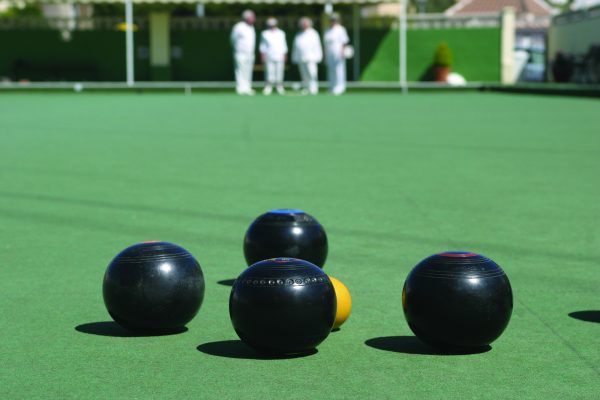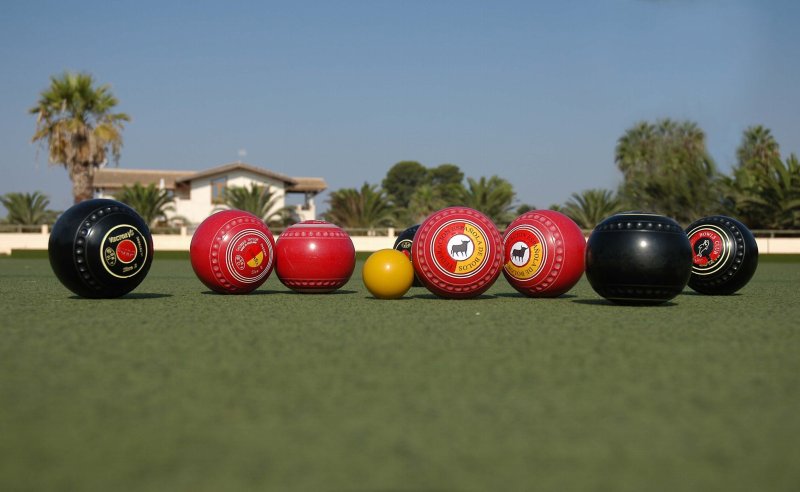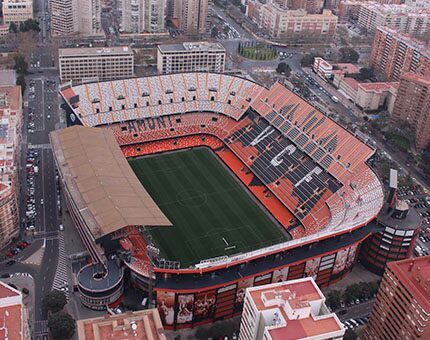Tbilisi, June 21 (Reuters) – Georgia lost to neighboring Turkey in its Euro 2024 opener, but sentiment at home remains optimistic as the team’s first major tournament offers relief from bitter national politics.
“The atmosphere is through the roof,” said Giorgi Gogishvili, a 53-year-old fan, in the capital, Tbilisi, where Georgians were eagerly awaiting Saturday’s second match against the Czech Republic. “The whole city, the whole Georgian nation, is proud of the boys.”
In their vibrant first tournament performance in Germany, the world’s 74th team were denied an equalizer against Turkey by the width of the post in added time, before conceding 3-1 in the final seconds.
However, that spirited performance maintained the good vibes after Georgia’s qualification in March, after defeating Greece in the penalty shootout and entering a major international tournament for the first time in its history, unleashed joy in this country of 3.7 million inhabitants.
During the match against Turkey, the streets of Tbilisi emptied and fans flocked to the bars or the main stadium, where the match was broadcast on four giant screens.
For many Georgians, the European Championship offers a brief parenthesis and a moment of national unity, when social frictions are high even by the standards of their long and bitter politics.
A “foreign agents” law that critics say is draconian and inspired by Russia went into effect earlier this month.
This law has sparked some of the largest protests in Georgia since its independence from Moscow in 1991, and security forces have responded with violent crackdowns.
Several national team players have criticized the law, to the anger of government figures who say it is necessary to protect sovereignty and stop what they see as a Western plot to drag Tbilisi into a confrontation with Russia.
But while the Georgian players are on the field, political passions die down.
Georgia’s political elite flocked to Tuesday’s opening match in Gelsenkirchen, with Prime Minister Irakli Kobakhidze and President Salome Zurabishvili in the stadium, despite their opposing policies.
Jailed former president Mikheil Saakashvili posted a message of support for the team on Facebook from prison where he is serving a six-year sentence for abuse of power.
“Sport always unites the nation,” added fan Gogishvili, a mathematics teacher who sympathizes with the protests led by younger Georgians.
Davit Mikeladze, a 32-year-old programmer in Batumi, Georgia’s second city, was full of praise for the team but was skeptical that it would have a lasting impact on local politics.
“Everyone wants the team to win,” he says.
“To some extent, yes, it unites us. To some extent, it distracts everyone, but probably after the championship it will all start again.”

 Workout
Workout
 Meditation
Meditation





 Contact Us
Contact Us




